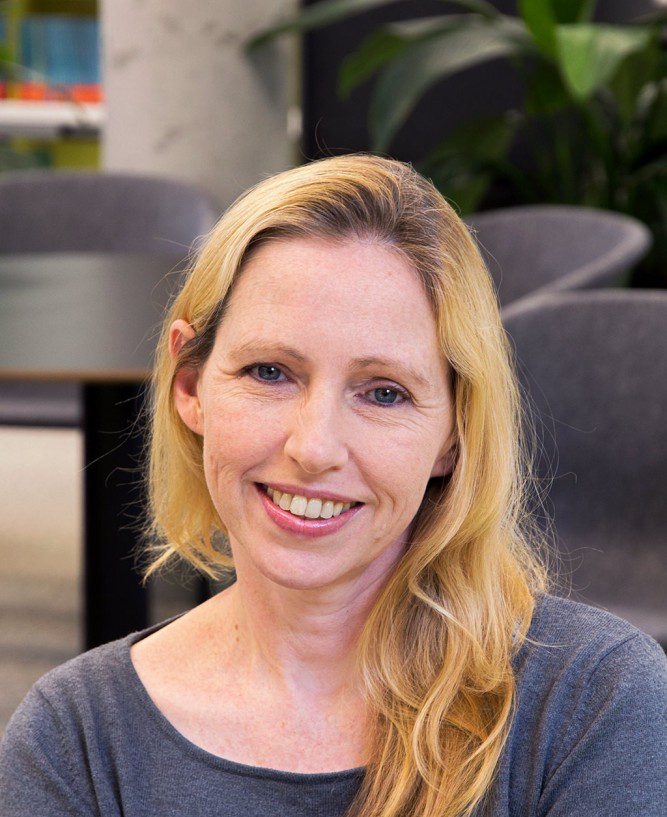
I am Director of the Language Development Department at the Max Planck Institute for Psycholinguistics in the Netherlands and Professor of First Language Acquisition at Radboud University.
For over 20 years, I have been studying how young children learn to communicate with language, how the child's developing brain supports this process, and how it is affected by differences in children's environments; differences between languages, between families and between cultures. Amongst other projects, I am currently investigating why some children develop language more quickly than others. I lead a large longitudinal project, the Language 0-5 Project, that tracked the language development of 90 English-learning children from 6 months to 4 year and 6 months.
These results are used for:
My book, Understanding Child Language Acquisition, is an introduction to some of the most important research on child language acquisition over the last fifty years, and to some of the most influential theories in the field.
Jones, G., Cabiddu, F., Andrews, M., & Rowland, C. F. (2021). Chunks of phonological knowledge play a significant role in children’s word learning and explain effects of neighborhood size, phonotactic probability, word frequency and word length. Journal of Memory and Language, 119: 104232.
Noble, C., Sala, G., Peter, M., Lingwood, J., Rowland, C. F., Gobet, F., & Pine, J. (2019). The impact of shared book reading on children's language skills: A meta-analysis. Educational Research Review, 28: 100290. doi:10.1016/j.edurev.2019.100290.
Peter, M. S., Durrant, S., Jessop, A., Bidgood, A., Pine, J. M., & Rowland, C. F. (2019). Does speed of processing or vocabulary size predict later language growth in toddlers? Cognitive Psychology, 115: 101238.